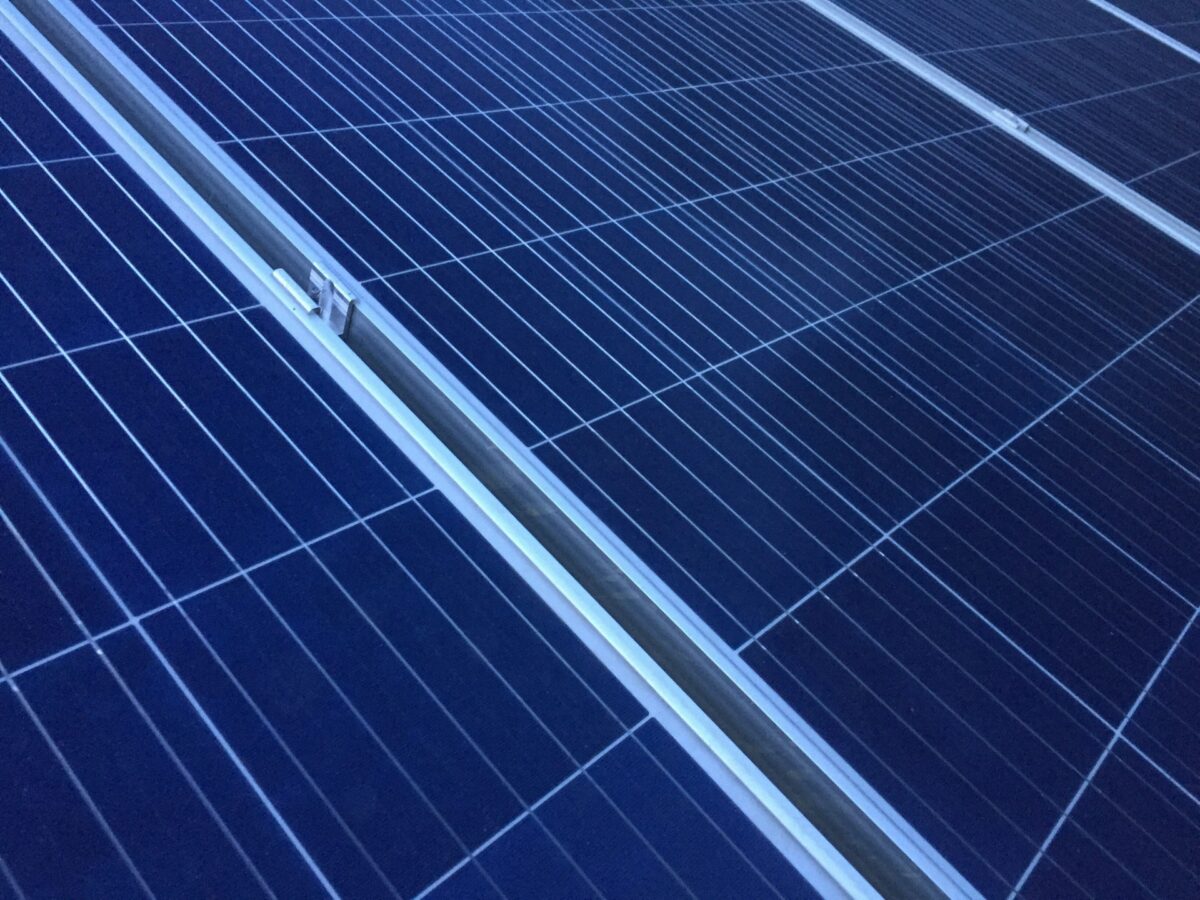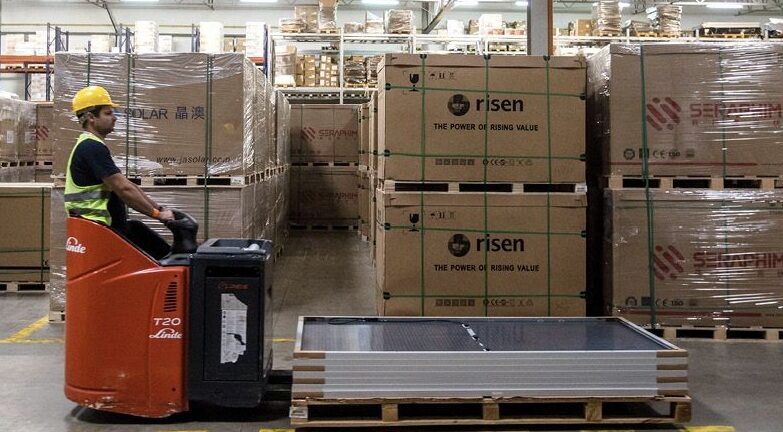The ESMC‘s working group has released a new recommendation paper on strengthening Europe’s solar industry.
The paper welcomes the NZIA, but highlights gaps that the European Commission must address through its future Green Industrial Deal and new state aid framework. Vincent Delporte, the report's lead author, said that these upcoming policies “will be a unique opportunity to strengthen the European industrial framework, particularly for solar.”
The working group recommends expanding NZIA criteria to include all projects that receive public funding, whether direct or indirect.
“Many renewable energy projects are being developed with financing from a national institution or a European institution, either at project level or at group level. This form of public support should be considered as a support mechanism and should incorporate resilience and sustainability criteria,” the paper said. “A minimum of resilience content would thus be systematically required for projects receiving such public funding. Additionally, member states funding calls for municipalities could include criteria of purchasing a minimum amount of made-in-EU PV modules, or generally other NZIA technologies.”
Under the same recommendation, ESMC also calls for a differentiated European Central Bank rate for renewable energy projects using resilient hardware, a differentiation of Value Added Tax to favor European products and for EU member states to be required to include reindustrialization objectives in their National Energy and Climate Plan.
Elsewhere in the paper, the ESMC calls for a prolongation of the Temporary Crisis and Transition Framework (TCTF), currently due to expire in 2025. It said this could be used to allow member states to bring specific operational support when needed, such as low electricity prices in strategic industries to ensure European manufacturing capacity.
The document goes on to recommend reinforced support for capital expenditures for PV and the establishment of a Climate Tech Sovereignty Fund, suggesting that a joint venture that draws on public investors, private equity and pension funds “would make it possible to meet the financing needs of net zero industrial projects.”
The ESMC’s paper also notes that industrial startups often encounter major financing difficulties, which slows down the completion of projects, and suggests the implementation of a dedicated pre-seed fund for such start-ups that meets the objectives of the Green Deal Industrial Plan.
The paper also recommends expanding the Carbon Border Adjustment Mechanism (CBAM) to cover entire PV modules. It says that European solar manufacturers face carbon tariffs when importing components, like aluminum or glass, to assemble solar modules, while Chinese companies exporting complete modules from China pay no such fee. The paper suggests adding solar panels to CBAM’s product list to create a level playing field and generate additional revenues.
“Since almost all the PV manufacturers, including Asian PV manufacturers, have life-cycle-assessment done and approved through third parties the implementation could be done at ease,” said the paper. The working group added that the European Commission must also “maintain a strong and ambitious message on the need to reindustrialize the energy transition sector to help mobilize private funding.”
The ESMC’s recommendations are available to read in full on its website. Its latest publication follows recommendations on the NZIA and EU PV manufacturing made earlier this year.
This content is protected by copyright and may not be reused. If you want to cooperate with us and would like to reuse some of our content, please contact: editors@pv-magazine.com.




By submitting this form you agree to pv magazine using your data for the purposes of publishing your comment.
Your personal data will only be disclosed or otherwise transmitted to third parties for the purposes of spam filtering or if this is necessary for technical maintenance of the website. Any other transfer to third parties will not take place unless this is justified on the basis of applicable data protection regulations or if pv magazine is legally obliged to do so.
You may revoke this consent at any time with effect for the future, in which case your personal data will be deleted immediately. Otherwise, your data will be deleted if pv magazine has processed your request or the purpose of data storage is fulfilled.
Further information on data privacy can be found in our Data Protection Policy.